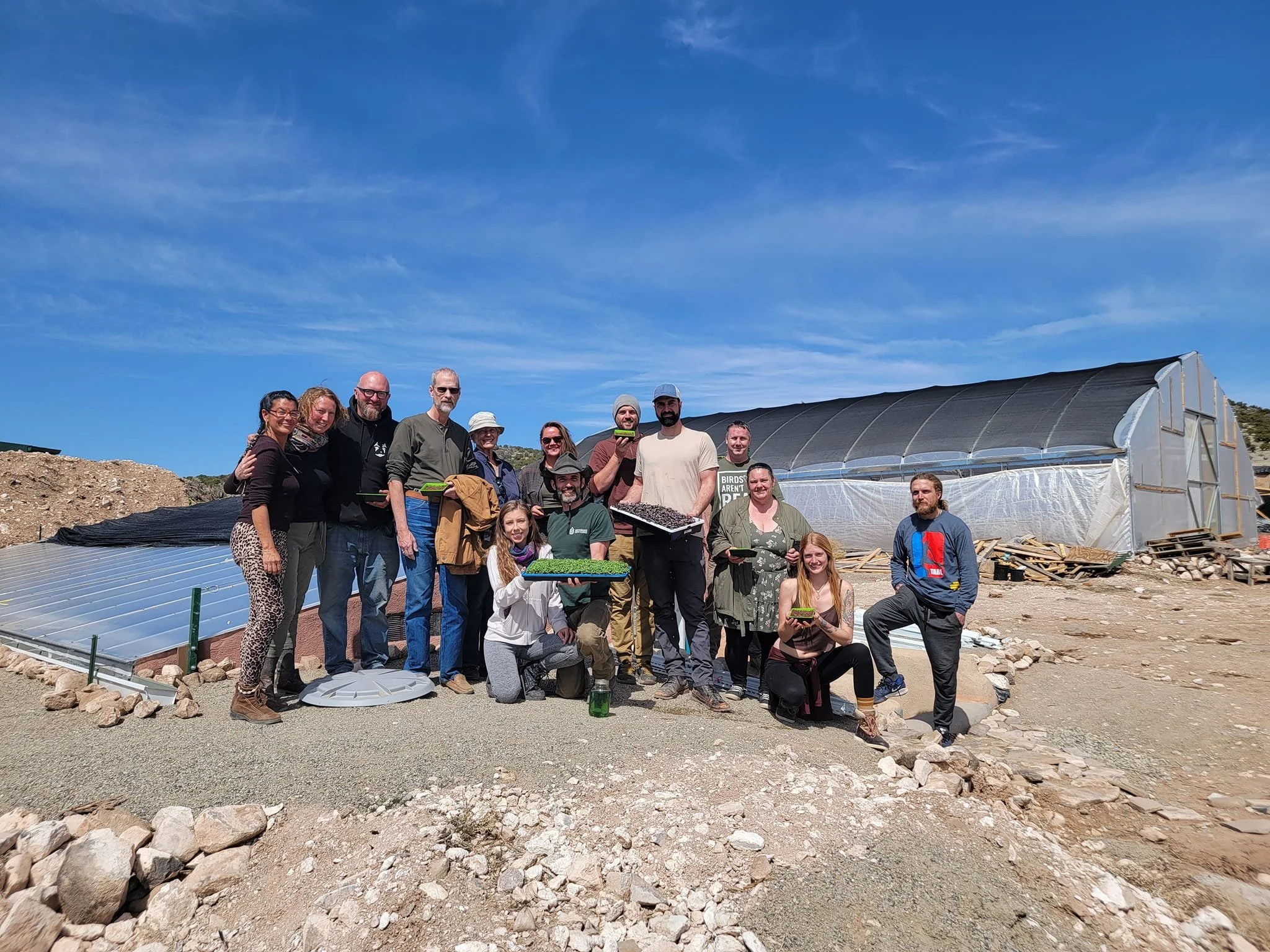Imagine if our atmosphere was nearly 100% methane and we woke up every morning to the smell of greenhouse gasses. This could happen because of food waste–food that is discarded or lost uneaten. When food is wasted, garbage trucks take it to landfills to dispose of refuse and other waste materials. No one knows that when food reaches landfills it releases a greenhouse gas, methane.
How Many Solar Panels to Power a Home in 2019
If your community is like many others today, you’re seeing more and more solar panels installed on your neighbors’ rooftops. Solar photovoltaic system installations are booming. If you’re starting to think about saving money on your electricity bill with clean solar energy, you’re probably questioning, “How many solar panels do I actually need for my house?”.
Water Pollution Facts, Causes, Effects & Solutions
Long, long ago our planet was just a rock, a shell that had cooled over its molten hot interior, devoid of life. Hot gases poured out of its fissures, forming dense clouds in the atmosphere. And then it rained. It rained for thousands and thousands of years, filling the craters and grooves, percolating down through the fissures to fill underground caverns. With water and then sunlight, came life. Vegetation took hold, decayed, creating topsoil and more life. Single-celled life formed and from these simple cells, more complex life forms evolved.
Can Solar Energy Ever Replace Fossil Fuels?
Fossil fuels are formed by natural processes that take place over the time span of hundreds of millions of years deep underneath the Earth’s surface. Because they takes too long to regenerate, fossil fuels are considered a non-renewable resource. Today, we are highly dependent on this type of resources in our daily life. Around 80 percent all our energy demand is covered by burning fossil fuels. But we are consuming too much and too fast. At the current consumption rate, it is estimated that fossil fuels will run out in less than 100 years. Then what?
10 Bizarre Ways to Save the Environment
From recycling and efficient heating solutions to renewable and buying locally sourced organic produce, we are spoiled for choice when it comes to ways we can help save the environment. Climate change, biodiversity loss and resource scarcity are global challenges but they should not leave us feeling powerless. Sometimes, solutions are so diverse and unexpected that they can even catch us by surprise.
Health Benefits of Using Renewable Energy
Each day we are breaking new ground with renewable energy: from the new record Germany broke by generating 35% of power from renewables in first half of 2017 [1] to the fact that renewables investment remains larger than that for all fossil fuels[2]. And this is good news for our climate and environment: with increasing energy demand, renewable forms of energy enable us to fuel our needs with remarkably low greenhouse gas emissions especially when compared to fossil fuels.
Advantages and Disadvantages of Intensive Livestock Farming
The Scale of Deforestation in the US
Although deforestation is an ongoing environmental issue which receives a lot of media and internet coverage, many people don’t realize that it is happening on their doorstep. The huge losses of forest in Asia and South America is well publicized, but unfortunately, a similar thing happens in the United States of America. Most deforestation in the USA is legal, but that doesn’t mean that it is right!
The Ecological Importance of Forest Fires
Although deforestation is an ongoing environmental issue which receives a lot of media and internet coverage, many people don’t realize that it is happening on their doorstep. The huge losses of forest in Asia and South America is well publicized, but unfortunately, a similar thing happens in the United States of America. Most deforestation in the USA is legal, but that doesn’t mean that it is right!














